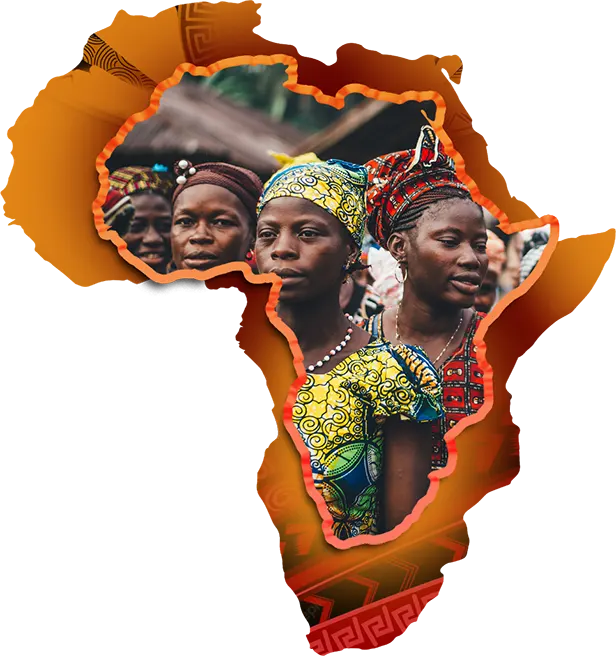
DECOLONISING WESTERN FEMINISM FOR AFRICAN-CENTERED DEVELOPMENT AND SOCIAL WORK PRACTICE
Feminism in Africa has often been framed through a Western lens, ignoring the continent’s unique cultural, social, and historical realities. While Western feminism emphasizes individualism and gender antagonism, African societies have long thrived on complementary gender roles rooted in Ubuntu, the philosophy of interconnectedness.
Western Feminism and its Limitations in the African Context
Western feminism often portrays women and men as adversaries, promoting a zero-sum struggle for power. However, in many African societies, men and women traditionally coexisted in interdependent roles, each contributing to family and community wellbeing. For instance, in pre-colonial Igbo society (Nigeria), women held significant economic and political influence through institutions like the Omu (female counterpart to the king). Western feminism’s failure to acknowledge such systems erases Africa’s indigenous gender equity models.
Towards an Ubuntu Feminism
Ubuntu feminism centers on harmony, collective wellbeing, and complementary roles rather than conflict. Pan-Africanist voices like Joshua Maponga argue that African feminism should restore respect for indigenous structures where men and women had defined, mutually supportive roles. For instance, in many San, Bantu, Hadzabe and Batwa and other African cultures, men were protectors and hunters, while women managed agriculture and trade, both roles were equally valued.
A decolonised African feminism would revive these principles while challenging oppressive practices like forced marriages or property disinheritance. A decolonized African feminism can adopt useful aspects of Western feminism, such as advocating for education and legal rights, while rejecting its confrontational approach. For example, Rwanda’s post-genocide gender policies successfully blended Western-style quotas (women holding 61% of parliamentary seats) with indigenous Ubudehe collective labor systems, ensuring women’s leadership remained community-rooted rather than individualistic.
More essentially, social workers in Africa can implement Ubuntu feminism through several practical approaches. In utilizing community-based mediation methods like Rwanda’s Gacaca courts, they can address gender conflicts through dialogue rather than adversarial legal processes. Cultural revitalization programs help youth understand pre-colonial gender equity models, such as the original purpose of the Lobola system, which aimed to ensure marital respect rather than commodify women. In policy advocacy, social workers can promote legislation that harmonizes modern rights with African values, as demonstrated by Botswana’s dual recognition of customary law and gender equality protections. To this end, it can be noted that, decolonising feminism is not about rejecting progress but about recentering African philosophies in gender discourse.
Africa can craft a development model that honors its heritage while progressively dismantling oppression. Social workers, as community bridge-builders, must lead this movement, ensuring feminism serves Africa’s people, not foreign ideologies.
Use the form below to subscibe to Owia Bulletin.
Discover more from Africa Social Work & Development Network | Mtandao waKazi zaJamii naMaendeleo waAfrika
Subscribe to get the latest posts sent to your email.



